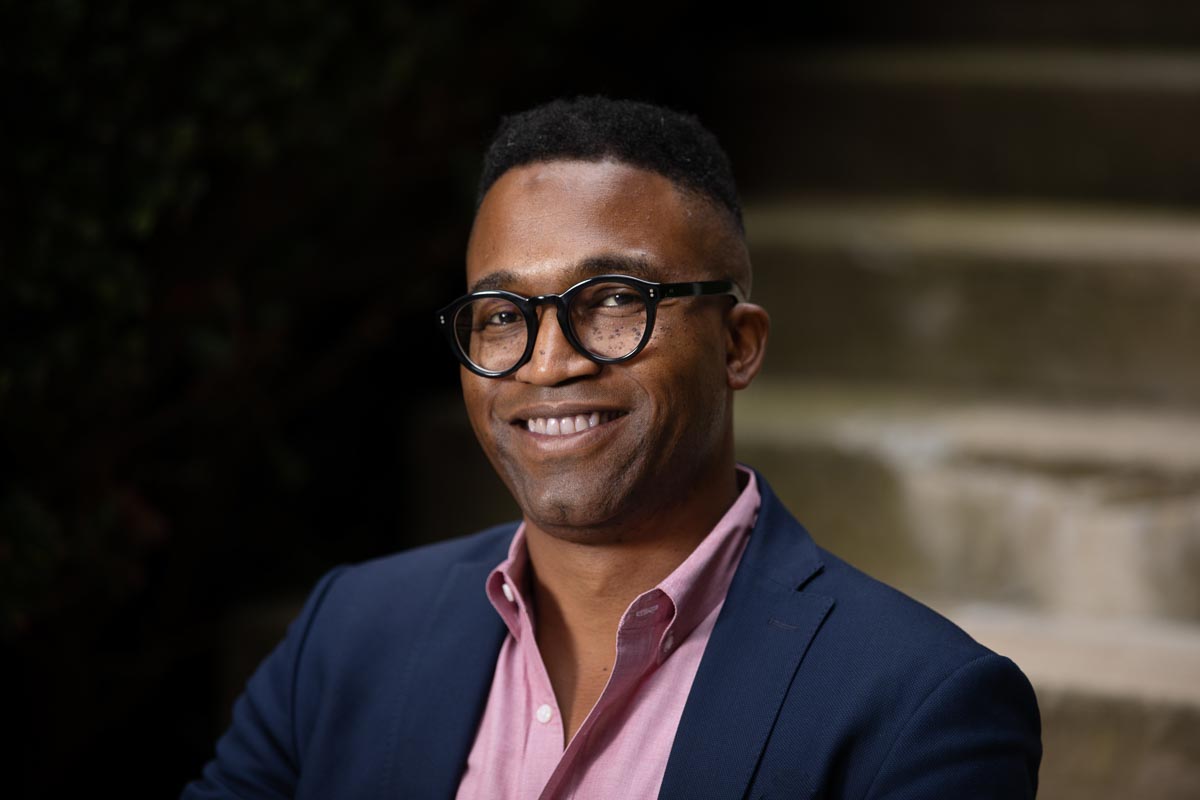In "Credit Where It’s Due: Rethinking Financial Citizenship," Frederick Wherry and his co-authors evaluate an innovative model of credit-building and advocate for a new understanding of financial citizenship, or participation in a financial system that fosters social belonging, dignity, and respect. Learn more and order a copy of the book here.
An estimated 45 million adults in the U.S. lack a credit score at a time when credit invisibility can reduce one’s ability to rent a home, find employment, or secure a mortgage or loan. As a result, individuals without credit—who are disproportionately young adults, immigrants and people of color—often lead separate and unequal financial lives.
Focusing on areas such as student debt and homeownership, Frederick Wherry, director of the Dignity and Debt Network, discusses barriers to financial citizenship and possible solutions to ensure financial equity.
About Frederick Wherry
Frederick Wherry is a Townsend Martin, Class of 1917 Professor of Sociology at Princeton University and Director of the Dignity and Debt Network, a partnership between the Social Science Research Council and Princeton. He, Kristin Seefeldt, and Anthony Alvarez are the authors of "Credit Where It’s Due: Rethinking Financial Citizenship." The book includes a Foreword by José A. Quiñonez. Wherry is also the editor of "The Oxford Handbook of Consumption" (with Ian Woodward) and he is editor of the four-volume "Sage Encyclopedia of Economics and Society" as well as "Money Talks: How Money Really Works" (with Nina Bandelj and Viviana A. Zelizer). He is the author or editor of four other books or volumes. He edits a book series at Stanford University Press: "Culture and Economic Life," with Jennifer Lena and Greta Hsu. He was the 2018 President of the Social Science History Association (ssha.org) and the past chair of the Economic Sociology Section and the Consumers and of the Consumption Section of the American Sociological Association. He has served on numerous editorial boards and on the policy board of the Journal of Consumer Research. He participates in a working group on work and wealth at the Aspen Institute and serves in an advisory capacity to the Boston Federal Reserve (Community Development Research Advisory Council) and the Lloyds Banking Group Centre for Responsible Business at the Birmingham Business School (UK). Before joining the Princeton Department he was a Professor of Sociology at Yale University and Co-Director of the Center for Cultural Sociology. He has also served on the faculty of the University of Michigan and Columbia University. He currently serves as a Selector for the Luce Scholars Program (Henry Luce Foundation). He earned his undergraduate degree from the University of North Carolina at Chapel Hill as a Morehead-Cain Scholar, his MPA from The Princeton School of Public and International Affairs, and his PhD in Sociology from Princeton.
About the Kinder Institute Forum
The Kinder Institute Forum lecture series brings thought leaders from around the world to Houston to share ideas about the most pressing urban issues facing us today. Previous KI Forum speakers have included Pulitzer Prize-winning author Matthew Desmond, global urbanist Richard Florida, Kresge Foundation senior fellow Carol Coletta, former Detroit city planner Maurice Cox, sociologist Eric Klinenberg and New York City Park Commissioner Mitchell J. Silver.
PNC Bank is the title sponsor of the 2021 Kinder Institute Forum series.This program is eligible for 1.25 CM credits from the American Planning Association.


